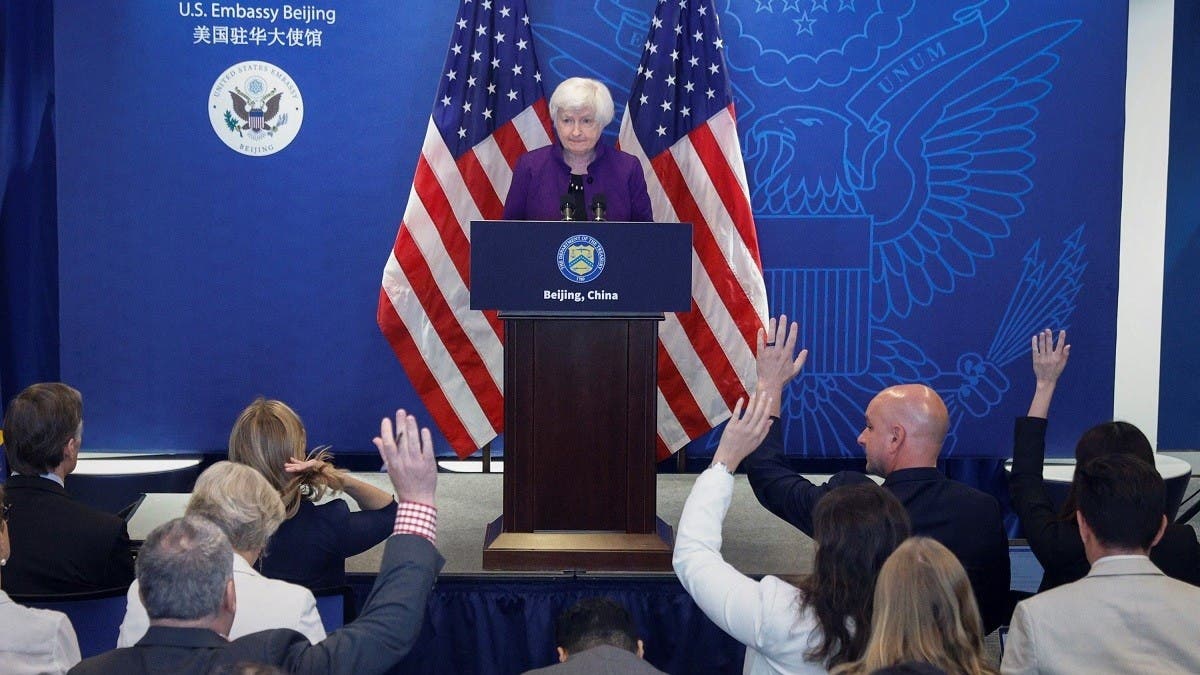-UAE scores show highest percentage among the region in willingness to purchase a car
completely online
– Openness to fully autonomous cars has grown to 60% vs previous 32%.
– More than half of UAE respondents in the survey intend to move to hybrid cars during
next car purchase, while less than 15% intend to move to fully electric car.
– UAE sees strong use of new mobility services such as ride-hailing (Uber, Careem, Hala
Taxi)
– The perceived future importance of having a car is not only increasing in UAE but is
higher than any other major region globally, even China
Arthur D. Little (ADL) has released the fourth edition of its influential Future of Automotive Mobility (FOAM) report, presenting a detailed analysis of current and future trends in the automotive industry. This year’s study, with insights from over 16,000 respondents across 25 countries, includes a comprehensive focus on the United Arab Emirates (UAE). The report examines car ownership, electric vehicles,
autonomous driving, and new mobility services within the UAE.
“The UAE is at the forefront of automotive innovation and consumer readiness for new mobility
solutions,” said Alan Martinovich, Partner and Head of Automotive Practice in the Middle East
and India at Arthur D. Little. “Our findings highlight the UAE’s significant interest in
transitioning to electric vehicles, favorable attitudes towards autonomous driving technologies,
and a strong inclination towards digital transactions in car purchases. These insights are critical
for automotive manufacturers and policymakers navigating the evolving landscape of the UAE
automotive market.”
Key Findings for the UAE:
1. Car Ownership:
o Over half of UAE respondents perceive that the importance of owning a car is
increasing, with the study showing the increase higher than any other major
region, including China.
o Approximately 80% of UAE respondents expressed interest in buying new (as
opposed to used) cars, above Europe and the USA which have mature used
vehicle markets
2. Shift to Electric and Hybrid Vehicles:
o While a high number of UAE respondents currently own internal combustion
engine (ICE) vehicles, more than half intend that their next vehicle have an
alternative powertrain, with significant interest in electric and plug-in hybrid
(PHEV) options. Less than 15% plan to opt for pure battery electric vehicles
(BEVs).
3. Emerging Mobility Trends:
o Ride-hailing services are the most popular new mobility option among UAE
residents, with higher usage rates than traditional car sharing and ride sharing.
The study indicates a strong openness to switching to alternative transport modes
given the quality and service levels available today.
4. Autonomous Vehicles:
o UAE consumers are among the most open globally to adopting autonomous
vehicles, with a significant increase in favorable attitudes from 32% in previous
years to 60% this year versus approximately 30% in mature markets. Safety
concerns, both human and machine-related, remain the primary obstacles to
broader adoption.
5. Car Purchasing Behavior and Sustainability:
o The internet has become a dominant channel for UAE residents throughout the car
buying process, from finding the right vehicle to arranging test drives and closing
deals. UAE car buyers visit dealerships an average of 3.9 times before making a
purchase, higher than any other region in the world, emphasizing the need for
efficient integration of online and offline experiences.
o Upwards of 53% of respondents from the region would prefer to ‘close the deal’
and complete the purchase of their car online, which is the highest for any region
in the world.
o Sustainability is a key factor cited by UAE consumers as influencing car choice.
The UAE scored among the top half of regions, highlighting the importance of
environmental considerations.
“Our study confirms the promising market opportunities for car manufacturers (OEMs) and
distributors in the UAE” commented Philipp Seidel, Principal at Arthur D. Little and co-Author
of the Global Study. “Consumers in the Emirates show a great and increasing appetite for cars
while being among the most demanding globally when it comes to latest vehicle technologies
and a seamless purchase and service experience.”
The comprehensive report, “The Future of Automotive Mobility 2024” by Richard Parkin and
Philipp Seidel, delves into global automotive trends and their impact on various regions,
including the UAE. This study is an invaluable tool for industry stakeholders seeking to navigate
and leverage the dynamic changes driving the future of mobility.


 World3 years ago
World3 years ago
 World3 years ago
World3 years ago
 Business1 year ago
Business1 year ago
 Entertainment7 years ago
Entertainment7 years ago
 World7 years ago
World7 years ago
 Entertainment7 years ago
Entertainment7 years ago





